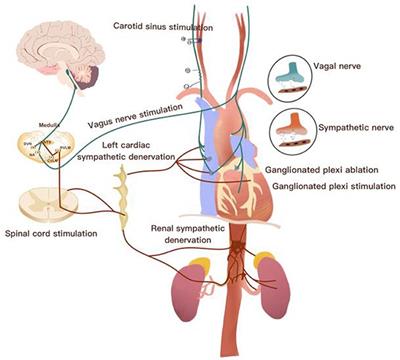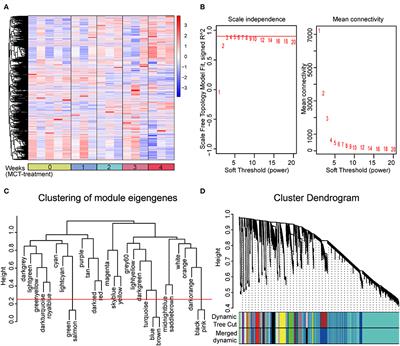EDITORIAL
Published on 23 May 2023
Editorial: Cardiovascular neuromodulation: mechanisms and therapies

doi 10.3389/fcvm.2023.1214496
- 1,556 views
9,316
Total downloads
46k
Total views and downloads
Select the journal/section where you want your idea to be submitted:
EDITORIAL
Published on 23 May 2023

ORIGINAL RESEARCH
Published on 06 Oct 2022

ORIGINAL RESEARCH
Published on 26 Jul 2022

ORIGINAL RESEARCH
Published on 02 May 2022

REVIEW
Published on 07 Apr 2022

ORIGINAL RESEARCH
Published on 14 Mar 2022

ORIGINAL RESEARCH
Published on 11 Mar 2022

PERSPECTIVE
Published on 10 Feb 2022

ORIGINAL RESEARCH
Published on 27 Jan 2022

ORIGINAL RESEARCH
Published on 29 Nov 2021

